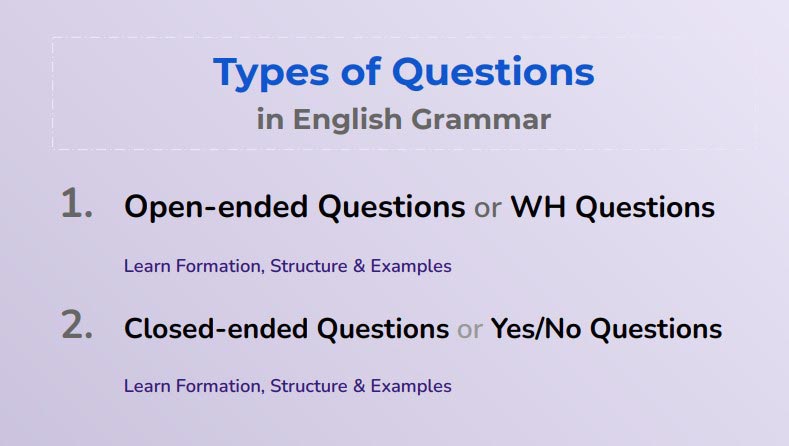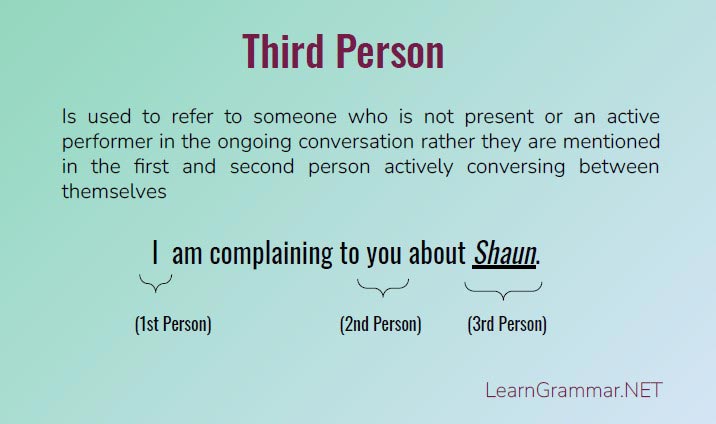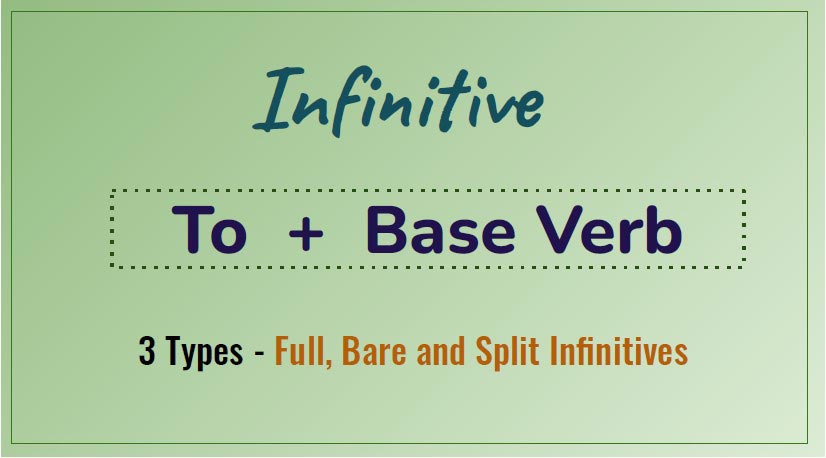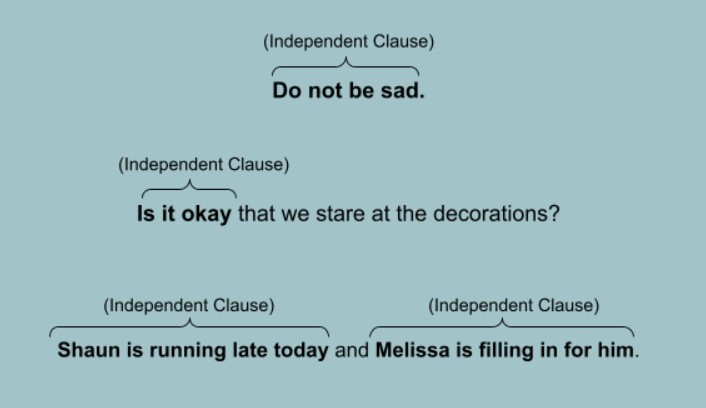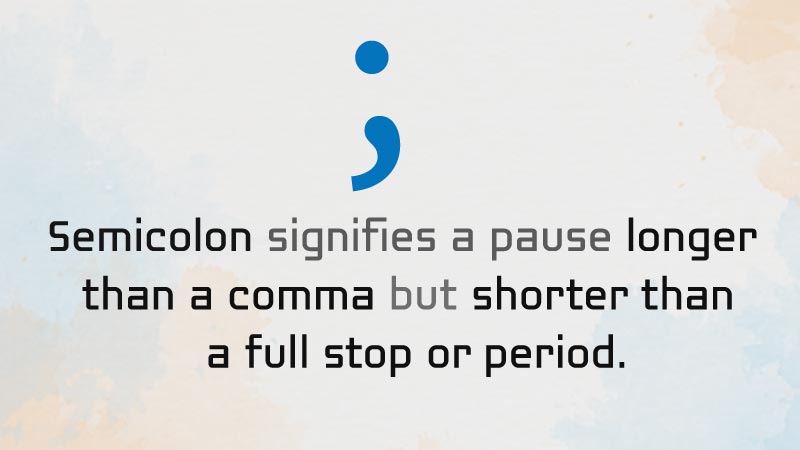Correct Use of "Sequence of Tense" in Writing
Sequence of Tense
The sequence of tense implies when two clauses make up a sentence the tense of the subordinate verb is changed according to the tense of the main verb.
So, we need to determine the tense of the principal clause and modify the tense of subordinate clause accordingly as there should be a relative coherence of time. If there is no coherence of time in the two clauses than the sentence will be incorrect.
For Example:
| Example 1 | I went to the restaurant as I am hungry. | Incorrect |
| I went to the restaurant as I will be hungry. | Incorrect | |
| I went to the restaurant as I was hungry. | Correct | |
| Example 2 | He is arrested as he will be robbing the bank. | Incorrect |
| He is arrested as he is robbing a bank. | Incorrect | |
| He is arrested as he had robbed a bank. | Correct |
To maintain the sequence of tense, we should maintain the following rules:
Rule: If the principal clause is in present tense then the subordinate clause can be in present continuous, present perfect, future or past tense.
For example:
| Examples | Subordinate Clause |
| I know what you are thinking right now. | Present Continuous |
| I think he has crossed the line. | Present Perfect |
| She says that she will think about it. | Future Indefinite |
| I hope you made the right choice. | Past Indefinite |
If the subordinate clause is in present continuous tense while the principal clause in present indefinite tense, then it means both actions are simultaneous. If the subordinate clause is in present perfect tense while the principal clause is in present indefinite tense, then it means the action described in subordinate clause took place at an indefinite time before that of the principal clause. If the subordinate clause is in future indefinite tense while the principal clause is in present indefinite tense, then it means the action described in subordinate clause will take place after the action of the principal clause. If the subordinate clause is in past indefinite tense while the principal clause is in present indefinite tense, then it means the action described in the subordinate clause took place before the action of the principal clause.
Rule: If the principal clause is in past tense then the subordinate clause can be in past indefinite, continuous or perfect tense.
For Example:
| Examples | Subordinate Clause |
| He said he liked the idea. | Past indefinite |
| She visited our home while she was studying in London. | Past Continuous |
| Melissa went there as her husband had told her. | Past Perfect |
If the subordinate clause is in past indefinite or continuous tense then it means the actions were simultaneous. If the subordinate clause is in past perfect tense then it means the action described in the subordinate clause happened before the action of the principal clause.
Rule: Usually, no present form is allowed in the subordinate clause if the principal clause is in past tense. But if the subordinate clause starts with “than”, then the subordinate clause can be in any tense.
For Example:
| Examples | Subordinate Clause |
| I miss my dad more than I miss anything. | Present |
| I miss my dad more than I missed anything. | Past |
| I miss my dad more than I will miss anything. | Future |
Rule: If the principal clause is in future tense then the subordinate clause is usually in present tense.
For example:
| Example 1 | I will go to play when the rain will stop. | Incorrect |
| I will go to play when the rain stops. | Correct | |
| Example 2 | He will text me when the teacher will arrive. | Incorrect |
| He will text me when the teacher arrives. | Correct |
Grammar
Read More
- How to Use "Therefore" in Sentences Avoiding Common Mistakes
- How to Use "Whereas" with Examples and Avoid Common Mistakes
- When and How to Use "Thus" Correctly Without Common Mistakes
- How to Use "On the Contrary" Properly with Meaning and Examples
- When and How to Use "Either/Or" with Examples and Common Mistakes to Avoid
- How to Use "On the Other Hand" Effectively without Mistakes
- How to Use "Respectively" with Example and Common Errors to Avoid
- How and When to Use "Moreover" Without Mistakes
- How to Use "Likewise" in Sentences Based on Context & When not to Use
- When & How to Use "Although" in Sentences to Avoid Mistake

